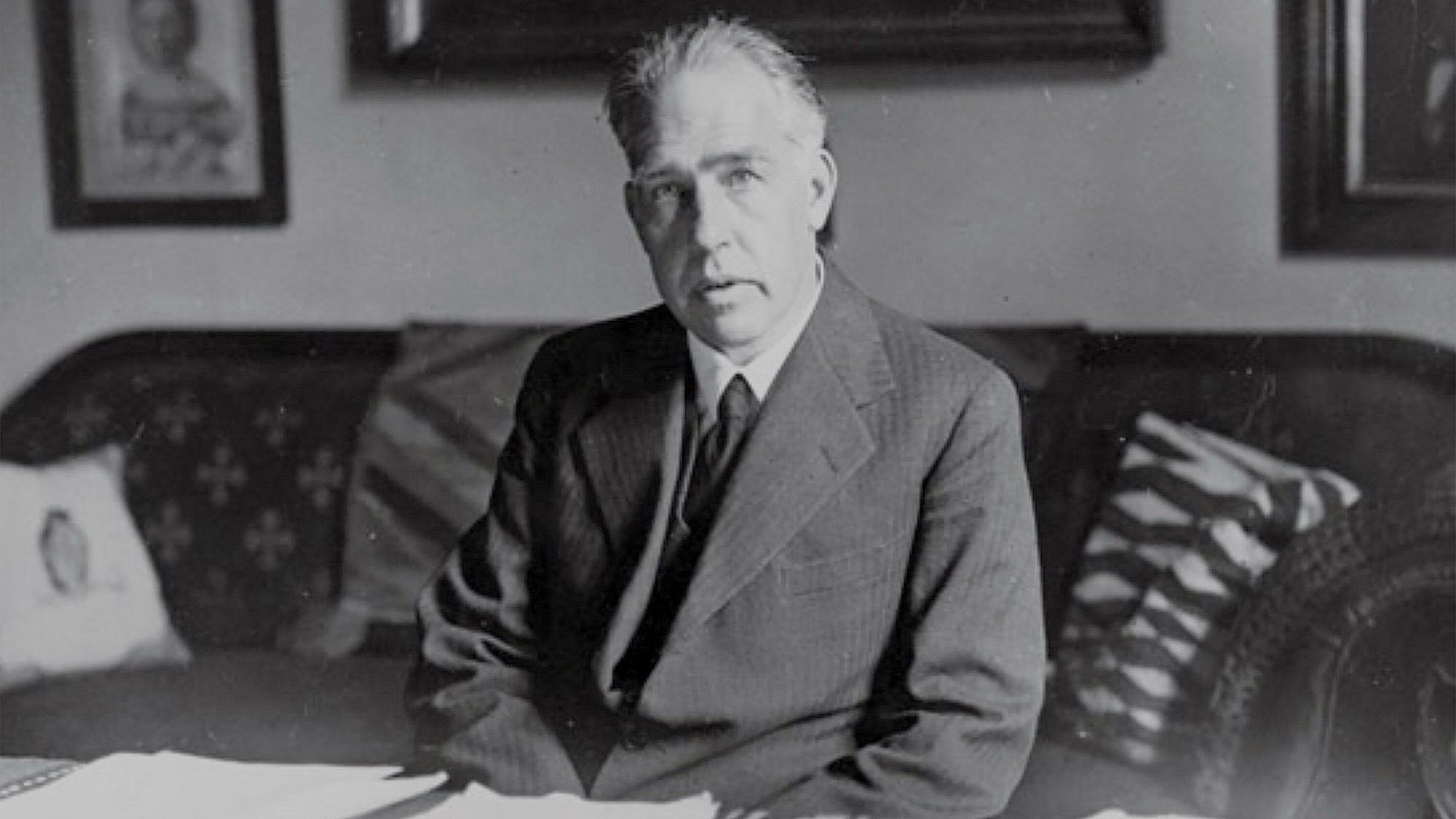WALK WITH THE WISE
Paul and Timothy. David and Jonathan. Jethro and Moses. Eli and Samuel. Jesus and the Twelve. The Bible is filled with examples of mentoring, the time-honored practice of one generation teaching another. The heart of our Friday Morning Men’s Fellowship is mentoring relationships—one generation of leaders building the next.
AUDIO, VIDEO, DISCUSSION GUIDES
You can listen to or watch our leadership talks on each king. We have prepared PPP (Personalization, Polarization, Purpose Realization) discussion guides for the time after each week’s talk.
APPLICATION
The objective of this series is for each man attending to either become a mentor or a mentee, depending on their experience, faith-walk and status in life and work. “The Power of And” cards are available each week for you to encourage men to identify an “and” in their life—someone they can mentor or someone to mentor them.
IF YOU’RE FOLLOWING JESUS, BRING SOMEONE ALONG
“The disciple walks in the dust of the master.” This common expression from the first century summarizes the focus of this study. Discipleship is non-negotiable in Scripture. And the best way to learn how to walk with God is to walk in the dust of a master who himself walks with God.
HOW TO BE AN EFFECTIVE MENTOR[1]
Be able to communicate what you know. Let what you communicate be on a level that the mentee can understand.
Be prepared. Know from your mentee what topics or subjects he or she wants to talk about beforehand, outline the key focus points, and have a plan ready for effective delivery.
Select a mentee whose philosophy of life you share. Make sure you are philosophically and theologically compatible.
Choose a person with potential in which you genuinely believe. The secret to mentoring would be to help a person get to where he or she wants to go.
Evaluate a mentee’s progress constantly. Be objective in your appraisal.
Be committed, serious, and available to mentees. Establish a set day and time for regular sessions or meetings. Keep your commitments wholeheartedly and be ready to listen with an open mind, with willingness to provide counsel and guidance.
Be honest, gracious, candid and straightforward. Help facilitate an open, lively dialogue. Give constructive feedback. Say what the mentee needs to hear from you, not what he or she wants to hear from you. No matter what you do, always allow the mentee to make his or her own decision.
Be a lifelong learner. Continue learning about what’s going on in your field, as well as the world at large. Keep an eye on trends and culture, especially as it relates to the relationship you have with the mentee. If your mentee asks a question for which you do not know the answer, make that an object of team research.
Be transparent and fair. Ensure there is no hidden agenda or ulterior motive involved in this relationship. You do not owe your mentees any favors, and they do not owe you anything except gratitude.
Show compassion and genuineness. Convey your interest and desire to provide one-on-one help and guidance. Be selfless about sharing what you know. Model positive behavior and successful performance, and offer guidance and advice toward reaching a specific goal.
Motivate and inspire. Support, validate, and encourage your mentee. When you help link your mentee’s own goals, values, and emotions to the kingdom of God and the mission of the church, the mentee becomes more engaged in his or her work and development.
Set professional boundaries. Mentors should stick to mentoring. Boundaries should be set in order to avoid dependency upon one another for emotional support.
HOW TO BE AN EFFECTIVE MENTEE
Because mentoring relationships are reciprocal, we also find it important to know how to be an effective mentee. Just because you have reached a certain level of professional growth does not mean that you cannot benefit from being a mentee. Here are some practical steps for being an effective mentee:
Learn from the mentor how to ask the right questions, where to look for the right places, and how to stay interested in searching for the right answers.
Focus on improvement, not perfection.
Accept a learning position. Do not let your ego get in the way of growing.
Respect the mentor, but do not idolize him or her.
Immediately put into effect what you are learning: learn, practice, and assimilate.
Be disciplined in relating to the mentor. Arrange for ample time, select the subject matter, and do your homework to make the sessions profitable.
Reward your mentor with consistent progress. If you show appreciation but make no progress, the mentor feels as if he or she has failed. Your progress comes as the highest reward.
Learn to ask critical-thinking questions that prove you have been thinking between sessions and show progress in your perception.
Do not threaten to give up. Let your mentor know that you have made progress. Then he or she knows they are not wasting their time.
Expect accountability. Growth implies responsibility for one’s own progress and a willingness to be held accountable for one’s own goals
ADDITIONAL REFERENCES FOR STUDY
“The Differences Between Coaching and Mentoring,” Management Mentors, accessed July 21, 2016, www.management-mentors.com/resources/coaching-mentoring-differences
For detailed analysis of how Jesus did mentoring, see Robert E. Coleman, The Master Plan of Evangelism(Grand Rapids, MI: Revell, 2010), see also Tom Grove, “Developing Spiritual Leaders Like Jesus,” Ministry, December 2015,
www.ministrymagazine.org/archive/2015/12/developing-spiritual-leaders-like-Jesus
“Retirement From Regular Service (Numbers 8:23–26),” Theology of Work Project, accessed July 21, 2016, www.theologyofwork.org/old-testament /numbers-and-work/retirement-from-regular -service-numbers-82326/
Ted Engstrom, The Fine Art of Mentoring: Passing On to Others What God Has Given You (Brentwood, TN: Wolgemuth & Hyatt Publishers, 1989)
Jayson DeMers, “7 Key Qualities of an Effective Mentor,” Inc., October 1, 2014, www.inc.com/jayson-demers/7-key-qualities-of-an-effective -mentor.html
E. Wayne Hart, “Seven Ways to Be an Effective Mentor,” Forbes, June 30, 2010, www.forbes.com/2010/06/30/mentor-coach-executive -training-leadership-managing-ccl.html
Subha Ramani, Larry Gruppen, and Elizabeth Krajic Kachur, “Twelve Tips for Developing Effective Mentors, Medical Teacher 28, no. 5 (2006), 404–408, www.bu.edu/sph/files/2012/01/Ramani _Twelve-tips-for-developing-effective-mentors.pdf
[1] https://www.ministrymagazine.org/archive/2017/03/Mentoring-A-way-of-life





























What will you do of significance with the 80-or-so years you have? When we’re young we have all the time in the world. And once we realize that isn’t true, we never have enough left to do anything with it.